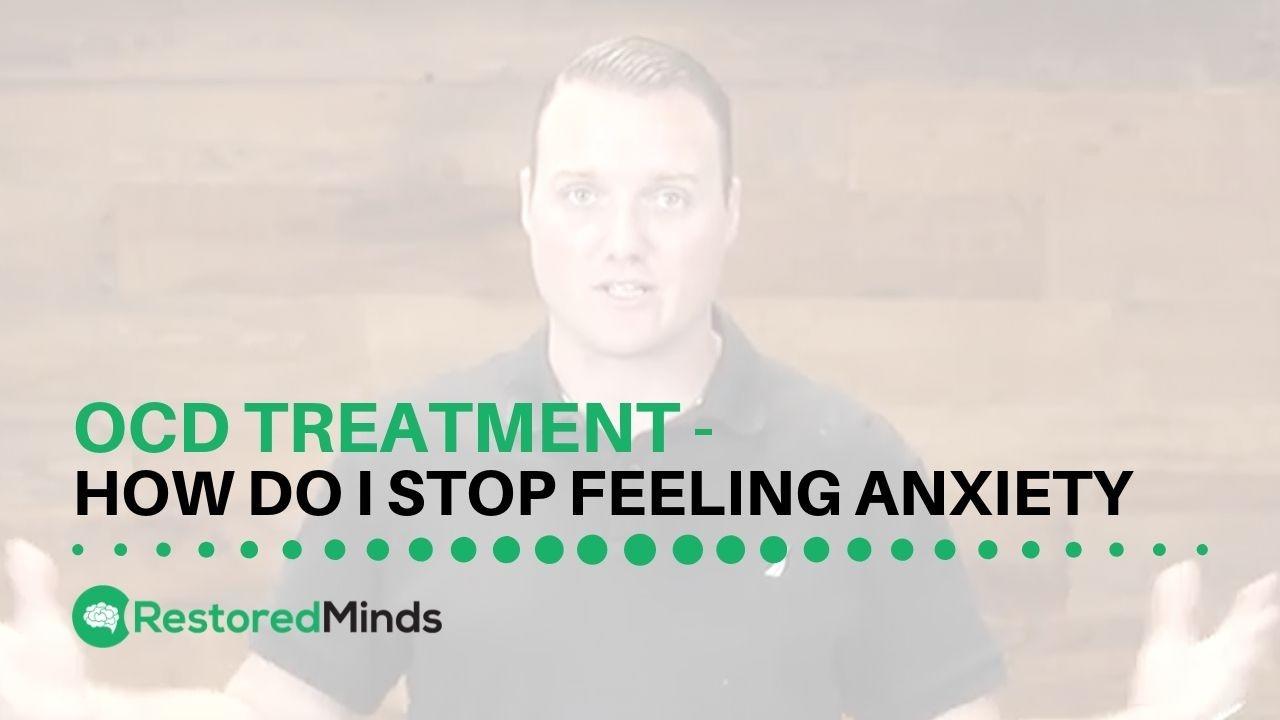OCD Treatment - How Do I Stop Feeling Anxious
Jul 09, 2018
Understanding and Embracing Your Feelings in OCD Treatment
Welcome to Restored Minds! Today, we delve into part four of our training series on OCD treatment, specially focusing on the common question — "How do I stop feeling anxious?" If you missed part three where we looked at trying to stop thoughts, be sure to check the link below to catch up.
Introduction
Hello, I'm Matt Cotti, licensed clinical social worker and founder of the OCD Academy. In this video, we will explore the importance of feelings and why attempting to suppress them might actually be counterproductive.
Why We Experience Feelings
As human beings, our ability to experience a wide range of feelings is part of our existence. Feelings guide us, provide us with essential alerts (like the gut feeling when something is wrong), and help us grow as individuals. Understanding that not all feelings are bad is crucial to the recovery process in OCD treatment.
The Objective of Life Beyond Just Happiness
Often, people seek to avoid feelings like anxiety because they are uncomfortable. Many attribute their ultimate life goal to achieving happiness, but it's essential to understand that life encompasses more than just a quest for happiness. The concept of self-actualization emphasizes becoming the best version of yourself, not just for personal satisfaction but for the benefit of others as well.
The Role of Discomfort in Growth
Uncomfortable feelings often lead to significant personal and psychological growth. When you shift your mindset to understanding that these feelings can contribute to a larger purpose, they become less daunting. Feelings like anxiety are, in fact, signals that can be valuable for survival and personal development.
Changing Our Perspective on Anxiety
Anxiety itself isn't inherently bad. For example, anxiety can keep you safe by triggering a fight or flight response when you need to avoid danger. Therefore, instead of trying to eliminate anxiety, it can be more beneficial to understand and accept it.
The Consequences of Suppressing Feelings
Judging anxiety or any negative emotion as something that must be eradicated can lead us into unhealthy behaviors like addiction or compulsions in an attempt to control these feelings. This quest for control can often exacerbate the issue rather than alleviate it.
Embracing and Experiencing All Feelings
The solution lies in learning to experience feelings authentically. By acknowledging and understanding what you're feeling, you can make decisions aligned with your values rather than constantly seeking temporary relief. This approach encourages sustainable mental health over fleeting moments of escape.
Action Steps for Embracing Feelings
-
Practice Noticing Your Feelings
: Whether you feel happy, anxious, or angry, begin by simply acknowledging these feelings.
-
Learn to Stay Present with Your Feelings
: Understand that discomfort isn't something to be avoided but a part of the journey toward becoming the best version of yourself.
-
Refrain from Labeling Feelings as Bad
: Challenge the notion that any feeling, especially anxiety, is inherently bad. Accept its role in your growth and self-actualization.


